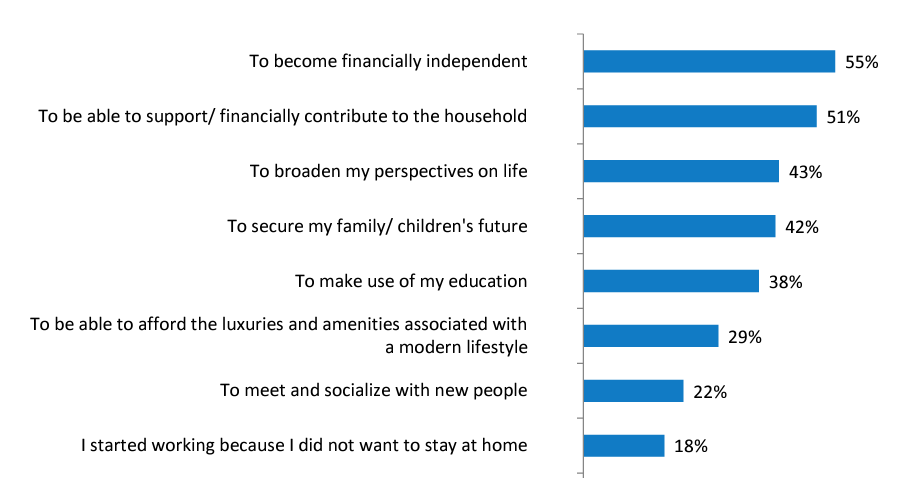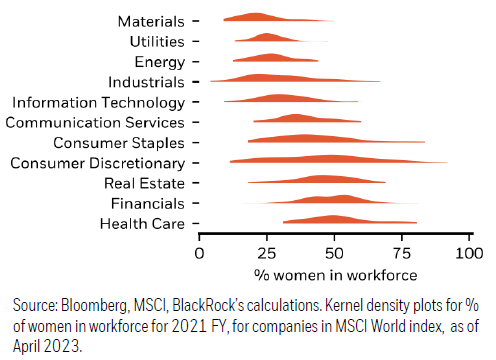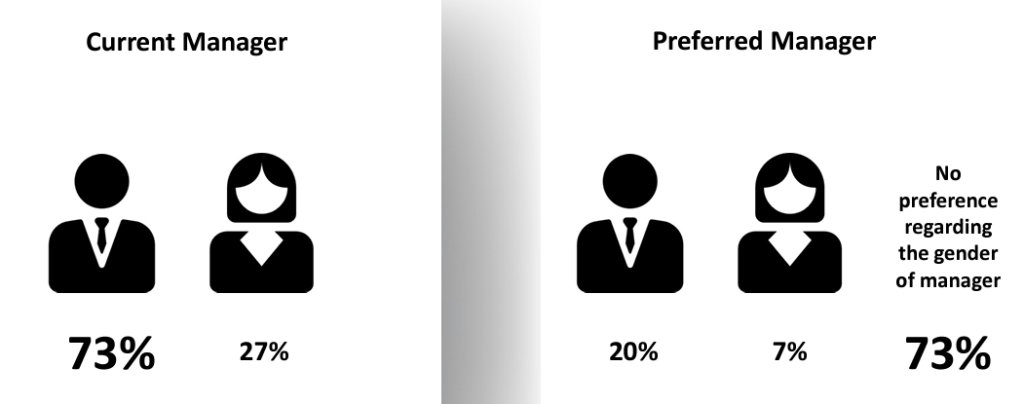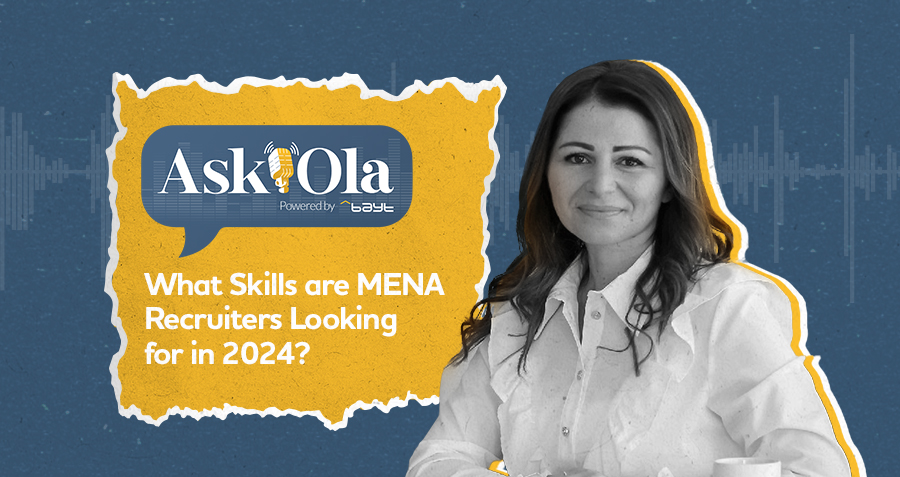About #AskOla
#AskOla is Bayt.com’s blog and video series for employers and hiring managers. In this series, we dive into the world of HR with Ola Haddad, a seasoned HR expert with decades of experience. Ola is the Director of Human Resources at Bayt.com. In our upcoming series, Ola will tackle the complexities you face in recruitment and offer practical solutions and strategies honed over years of hard work and overcoming obstacles. From innovative hiring techniques to navigating the dynamics of the MENA talent pool, #AskOla aims to directly address the recruitment challenges that matter to you.
This women’s day, we’ll unravel the significance of women in the MENA workforce in 2024. Let’s hear it from Ola!
Q1: Hey Ola, thrilled to have you! Before we dive into our topic, can you share a bit about yourself and your journey as the Director of HR at Bayt.com?
Ola: Thanks for having me! It’s been quite a journey indeed. Being the Director of HR is more than a title to me; it’s a testament to the dedication, persistence, and collective efforts of the fantastic company. Over these 17+ years, I’ve faced challenges, learned from experiences, and worked relentlessly to contribute to Bayt.com’s success and I’m grateful for that.
Achieving gender equality in leadership roles is an ongoing process for companies all over the world, and I’m proud to be a part of a company that values diversity and empowers women to reach the top.
Q2: Thank you for sharing your story. Why are women important in the MENA workforce?
Ola: Beyond bringing intelligence and hard work to the table, women contribute unique qualities like empathy, emotional intelligence, collaboration, and effective communication. Especially in a year focused on “Inspire Inclusion,” these qualities turn up the volume on ideas and teamwork, creating a workplace where everyone feels like they belong.
My personal experiences have reinforced that diversity is a driving force for innovation. Women, with their different perspectives, enrich problem-solving and decision-making in an organization.
Q3: Could you share some recent insights supporting the significance of women in the workforce?
Ola: Absolutely! Recent data reveals that gender-diverse companies are 29% more likely to outperform their counterparts. Having more women in the workforce is not just a moral question, it’s also a business advantage for employers in the Middle East.
A lot of STEM grads in the MENA now are women, and employers in the region should make the most of this emerging talent.
If more women join the workforce, we’re talking about a $2.7 trillion boost to the region’s economy by 2025. That will be a game-changer for job creation and workforce expansion.
Another interesting question is why women in MENA join the workforce. Based on the survey we conducted, their top 3 reasons are
- Achieving financial independence (55%)
- Contributing to the household financially (51%)
- Broadening their perspectives on life (43%).

Q4: Are there specific industries where women are making a substantial impact in the MENA region?
Ola: Definitely. In fields like healthcare and education, the contribution of women is particularly pronounced. Additionally, sectors like technology and finance are witnessing a positive shift, with more women making strides in traditionally male-dominated domains.

In the Middle East, women mostly used to work in public jobs, but things are changing. Now, the countries here are rolling out development programs, opening up opportunities in dynamic fields like PR, Communication, Tech, and more. So, there are opportunities, both in the public and private sectors.
For example, the UAE government enacted laws that say men and women should get equal pay for doing the same job in the private sector, and that private companies should hire more women. That’s wonderful progress in the right direction.
Q5: How can employers in the MENA region actively support and empower women in the workforce?
Ola: It’s interesting that you brought this up. Our survey found that currently, almost 73% of all managers in the MENA are male and only 27% female. However, when asked if they have any gender preference for managers, 3/4ths of the employees surveyed said they have no gender preference.

To encourage more women in leadership positions, employers can:
- Provide equal opportunities for promotions and career advancement
- Implement policies that ensure equal pay.
- Create structured mentorship programs that pair women leaders with mentees.
- Offer flexible work arrangements like remote work, part-time work options, job-sharing, or flexible hours to enable women to balance work and personal commitments.
- Develop leadership programs specifically designed for women, cultivating the skills required to take on leadership positions.
We must actively work towards breaking the ‘glass ceiling’ at the executive level, creating pathways for women to ascend to positions of influence and authority within our organizations.
Q6: How does Bayt.com foster an inclusive culture for women?
Ola: Bayt.com is, and has always been, the empowering force for women all over the world. A lot of these women are young professionals, remarkably balancing professional and personal lives. A lot of them are also mothers who juggle professional life with motherhood and we try our best to empower and facilitate them.
- 45% of employees in Bayt.com are women. And 16% of them are in leadership roles.
- We have parental leave policies for both parents, fostering a family-friendly workplace.
- Flexible working arrangements like remote work to accommodate the diverse needs of our workforce.
At Bayt.com, we believe in creating an environment where every individual can thrive regardless of gender or personal circumstances.
Conclusion
Our insightful conversation with Ola highlights the pivotal role women play in the MENA workforce. The benefits of diversity, particularly with a strong representation of women, are clear. As employers embrace inclusion, they not only contribute to societal progress but also organizational progress. Thank you, Ola, for sharing your expertise!
Have any questions for Ola for the next session? Send in your questions!

